What Happens If You Overcream Butter and Sugar for Cookies?
Overcreaming butter and sugar turns cookies greasy, dense, and cakey instead of chewy and crisp. Learn how to spot the mistake, fix it, and get perfect texture every time.
Whether you’re pulling a simple cake out of the oven or trying to nail a delicate pavlova, the right tips can turn a good bake into a great one. Below, we’ll walk through a handful of practical tricks that work for cakes, cookies, cheesecakes and more. No fluff—just things you can try right now.
First up, your oven is the heart of every bake. Many recipes don’t say it, but the rack placement matters. For a silky cheesecake, the bottom rack gives even heat and helps avoid cracks. If you’re making a crusty pizza or a quick biscuit, the top rack can give that extra browning.
Next, ingredients. Keep an eye on flour types. When you’re making a light pavlova, a spoonful of cornflour (aka cornstarch) stabilises the meringue and keeps the centre soft. For brownies, using fresh, high‑quality cocoa powder gives a richer flavor without extra sugar.
Timing is another hidden hero. A cake looks done when a toothpick comes out clean, but a quick 2‑minute rest on the pan lets the crumb set, making slicing easier. Same with cookies: a 1‑minute hold after taking them out keeps the edges crispy while the centre stays chewy.
Want to bake cookies like Gordon Ramsay? He swears by a pinch of smoked paprika and a dash of cinnamon. The spice adds depth without overpowering the chocolate chips. Try it next time you mix the dough—you’ll notice the difference instantly.
If you’re puzzled about whether to use chickpea flour, remember it’s gluten‑free and works well in gluten‑sensitive recipes. Swap half the all‑purpose flour in a banana bread for chickpea flour to boost protein and keep the texture moist.
Defrosting mozzarella for a tiramisu twist? Place the cheese in the fridge overnight, then let it sit at room temperature for 15 minutes before using. This gentle thaw keeps the texture smooth and avoids watery excess.
Got a brownie craving? The original story says they were an accident—leftover cake batter baked in a pan. Today, a simple trick is to melt a handful of chocolate with butter, then fold it into the batter for that fudgy center.
Finally, for the perfect pavlova, whisk the egg whites until stiff peaks form, then gently fold in 2 teaspoons of cornflour and 1 tablespoon of vinegar. The acid and cornstarch stabilize the foam, giving you that iconic crunchy shell and soft heart.
These tips are easy to add to your routine, and you’ll see improvement with each bake. Keep experimenting, note what works, and soon your kitchen will feel like a mini bakery.
Ready to try something new? Pick one tip, give it a go, and share your results. Baking is all about practice, and a little knowledge goes a long way.
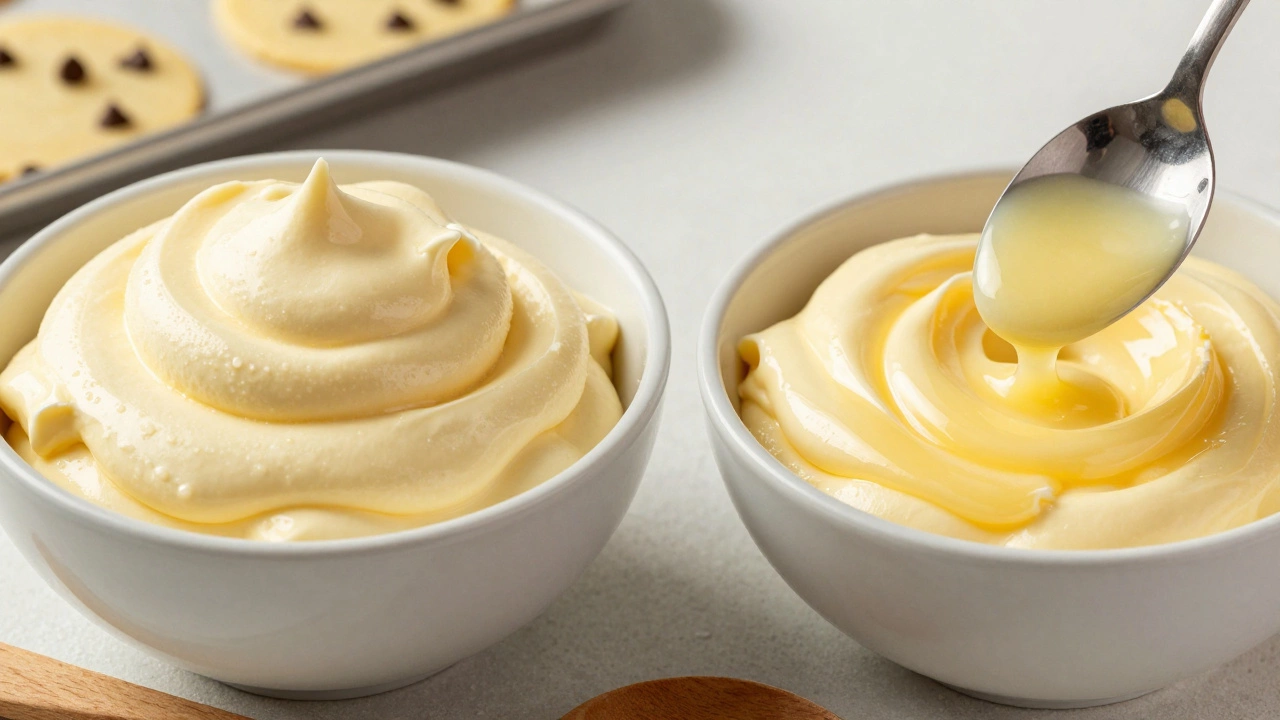
Overcreaming butter and sugar turns cookies greasy, dense, and cakey instead of chewy and crisp. Learn how to spot the mistake, fix it, and get perfect texture every time.
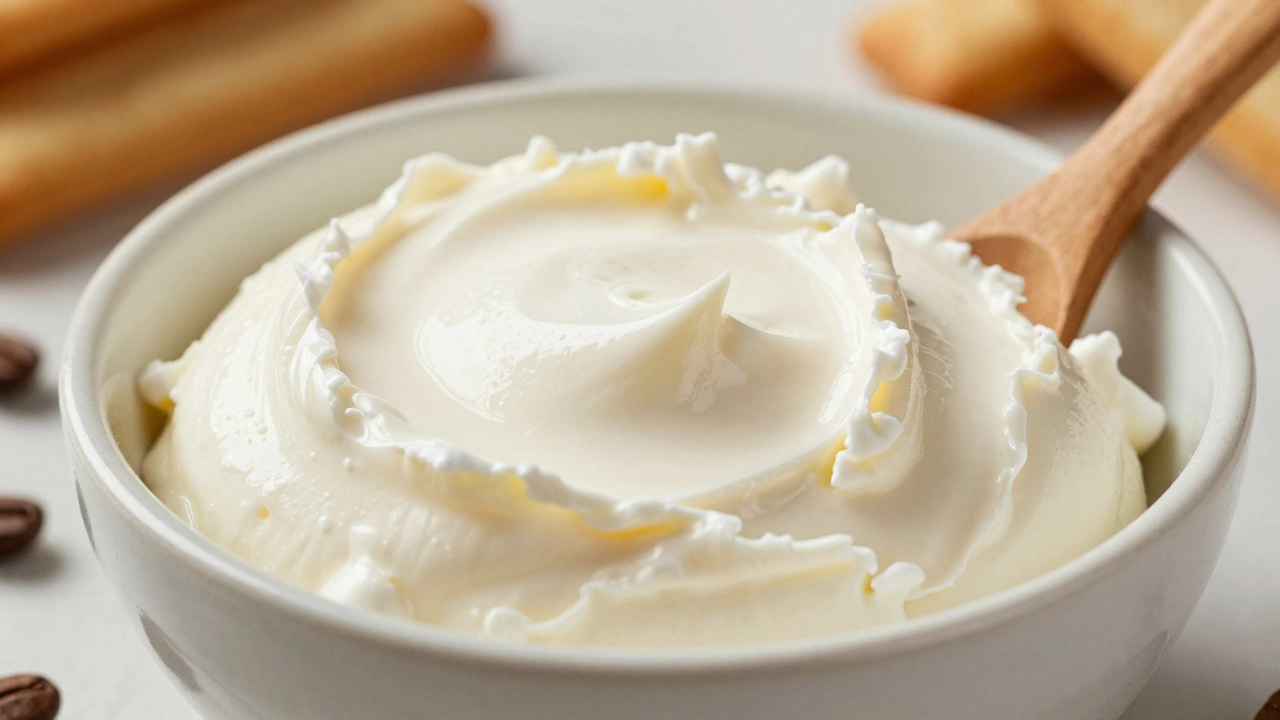
Learn how to spot spoiled mascarpone before using it in tiramisu or other desserts. Simple visual, smell, and texture checks can prevent food waste and food poisoning.
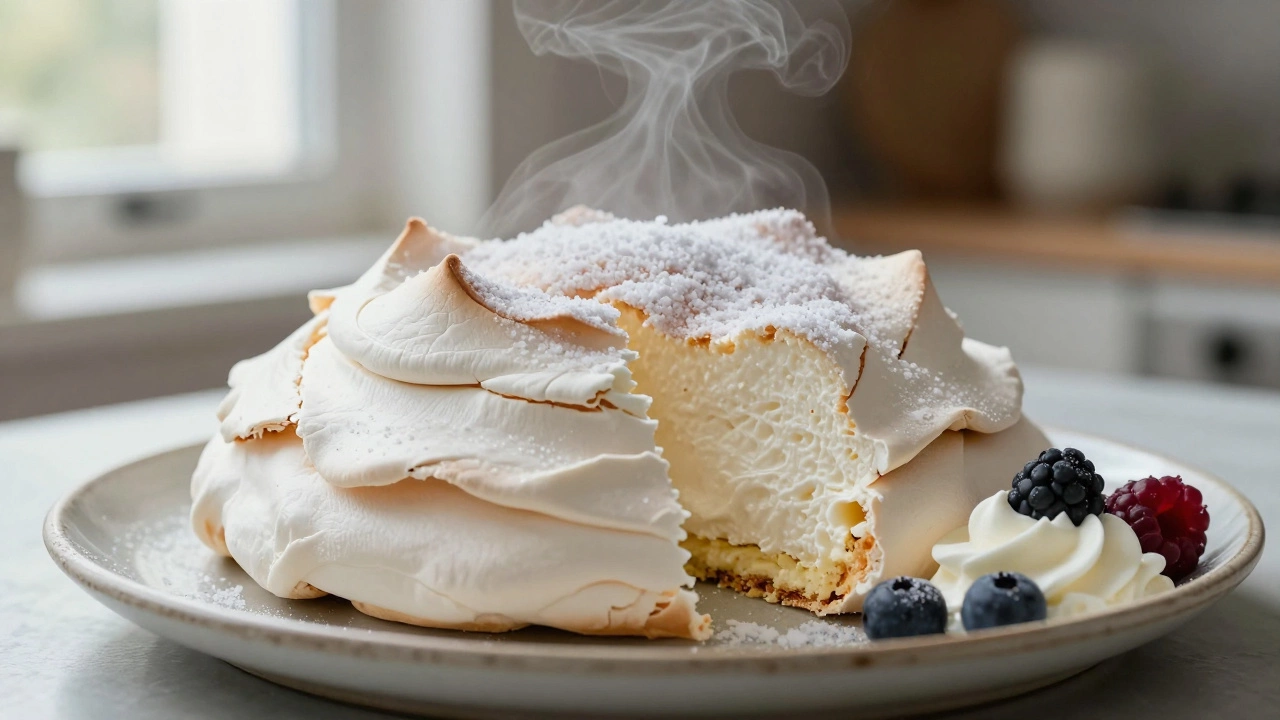
Learn the truth about overcooking pavlova-why it cracks, how to tell if it's ruined, and the exact baking method that guarantees a crisp shell with a marshmallow center every time.
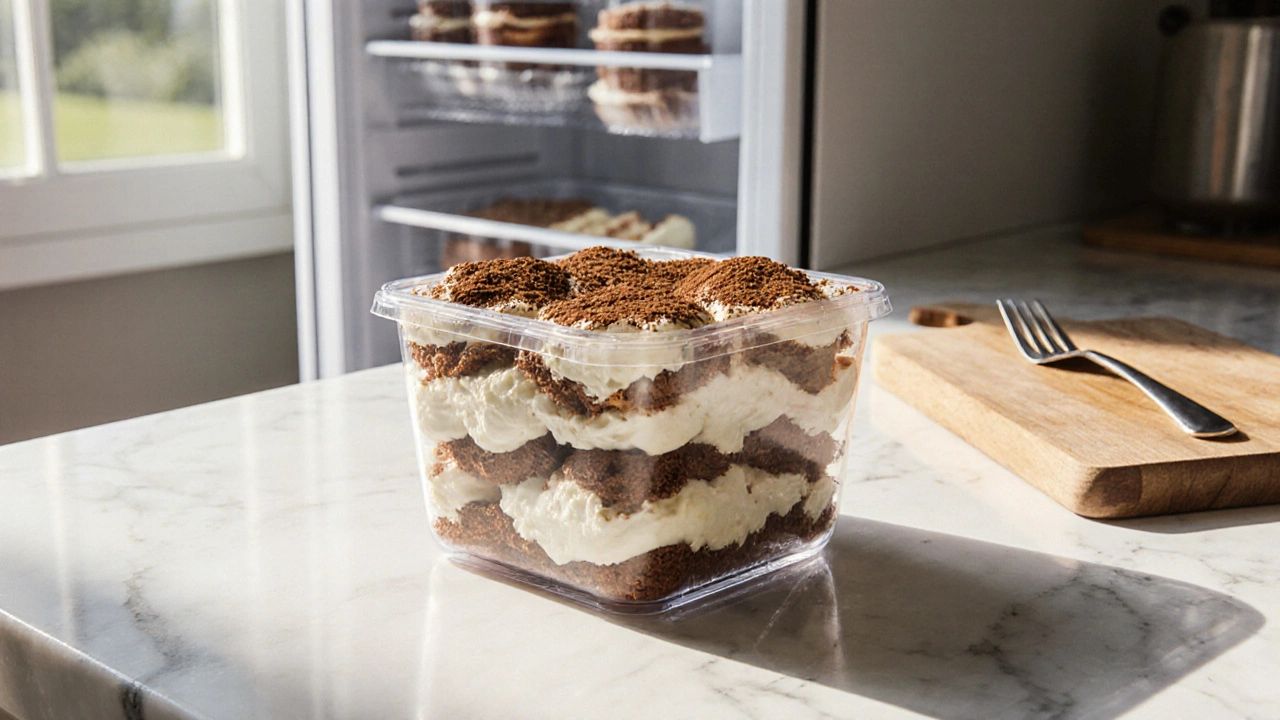
Learn how to safely freeze tiramisu and other ready‑made desserts, keep texture intact, and serve them perfectly after thawing.
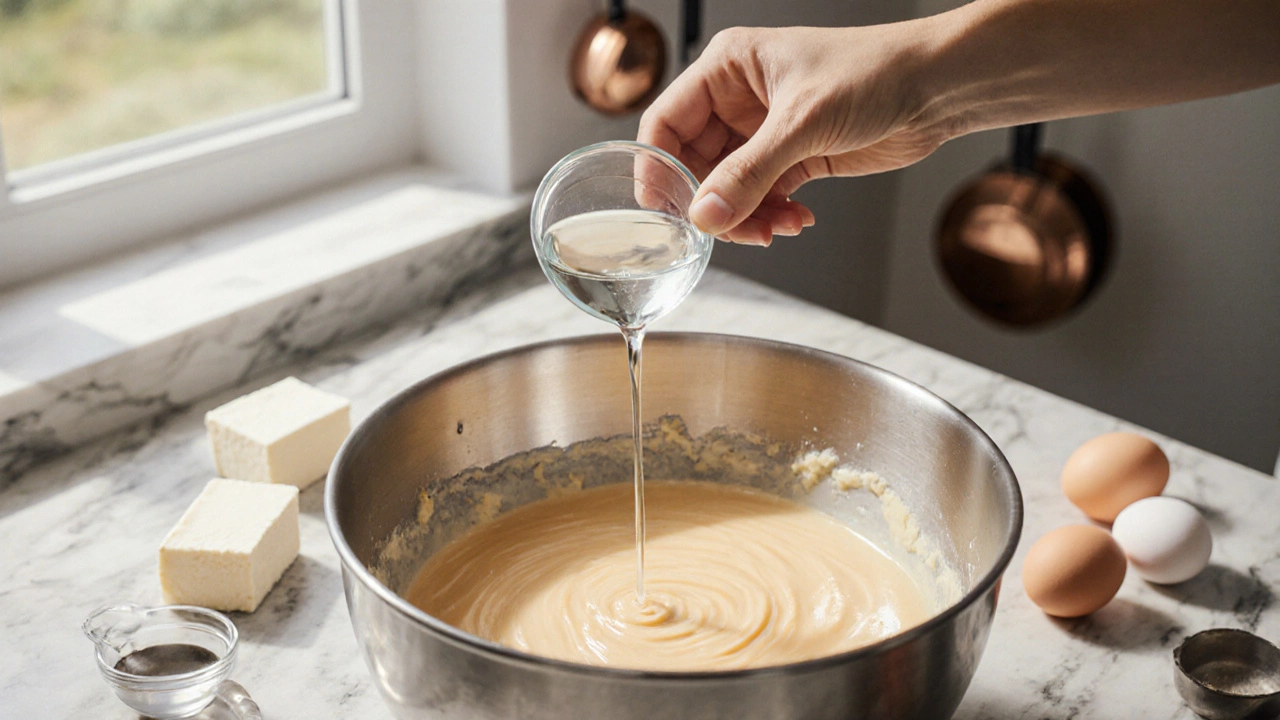
Discover why a splash of vinegar is a secret weapon in cheesecake, how much to use, best types, substitutes, and troubleshooting tips for flawless results.
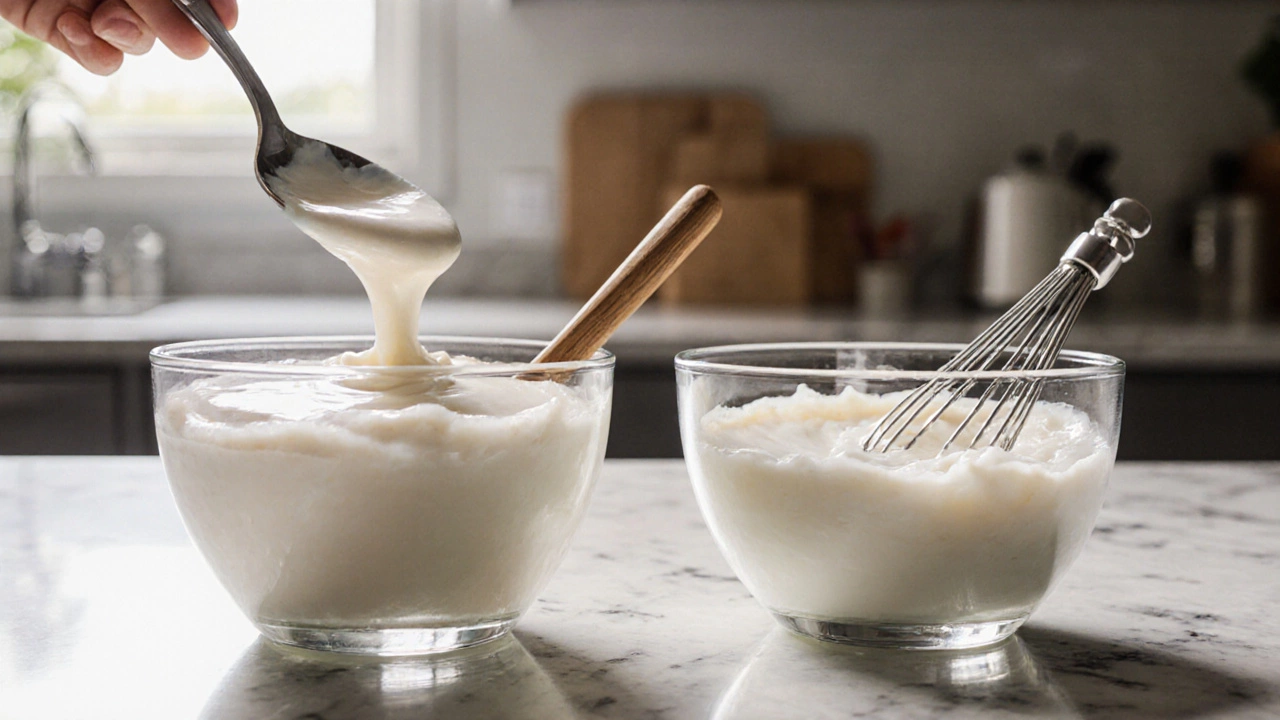
Explore the differences between double cream and whipping cream for cheesecake, understand how fat content affects texture, and get practical tips to choose the best cream for your bake.
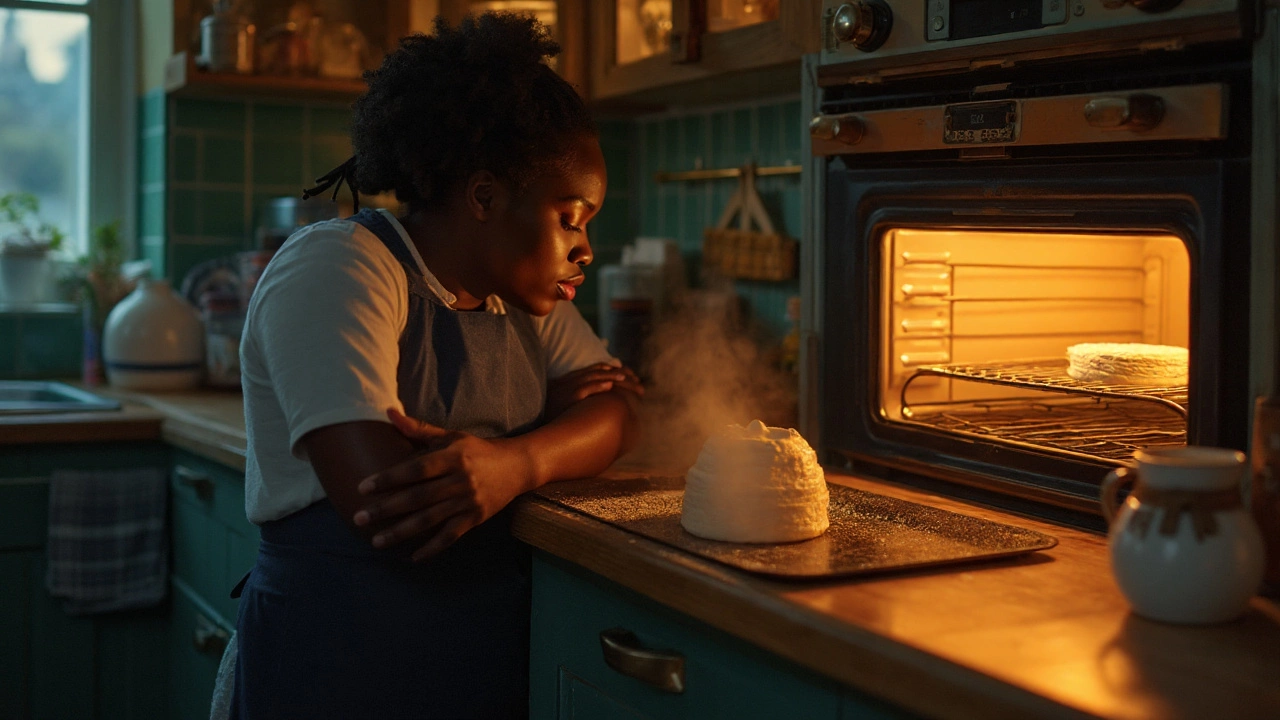
Do you keep the oven door open for pavlova? Short answer: closed to bake, slight vent to cool. Get exact temps, times, and fixes for cracks, weeping, and browning.
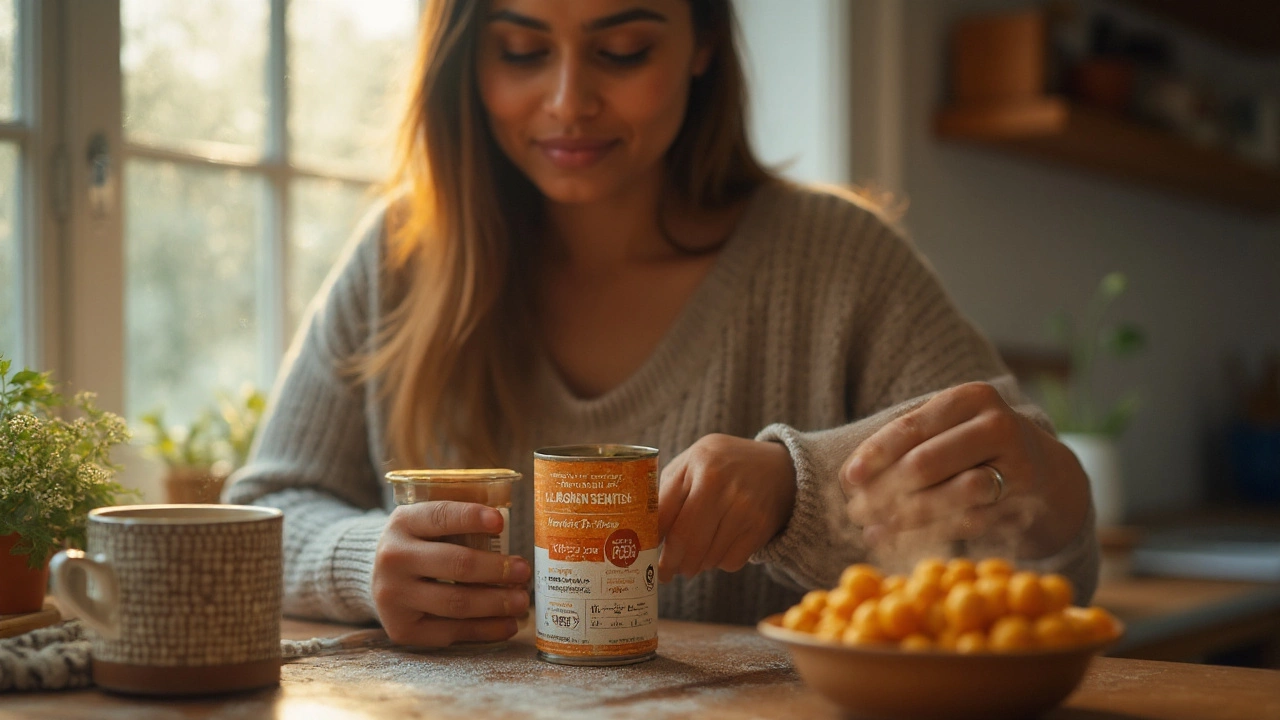
Wondering if chickpeas have gluten? Clear UK 2025 guide: what’s safe, how to read labels, cross-contact pitfalls, and simple swaps with chickpea flour.
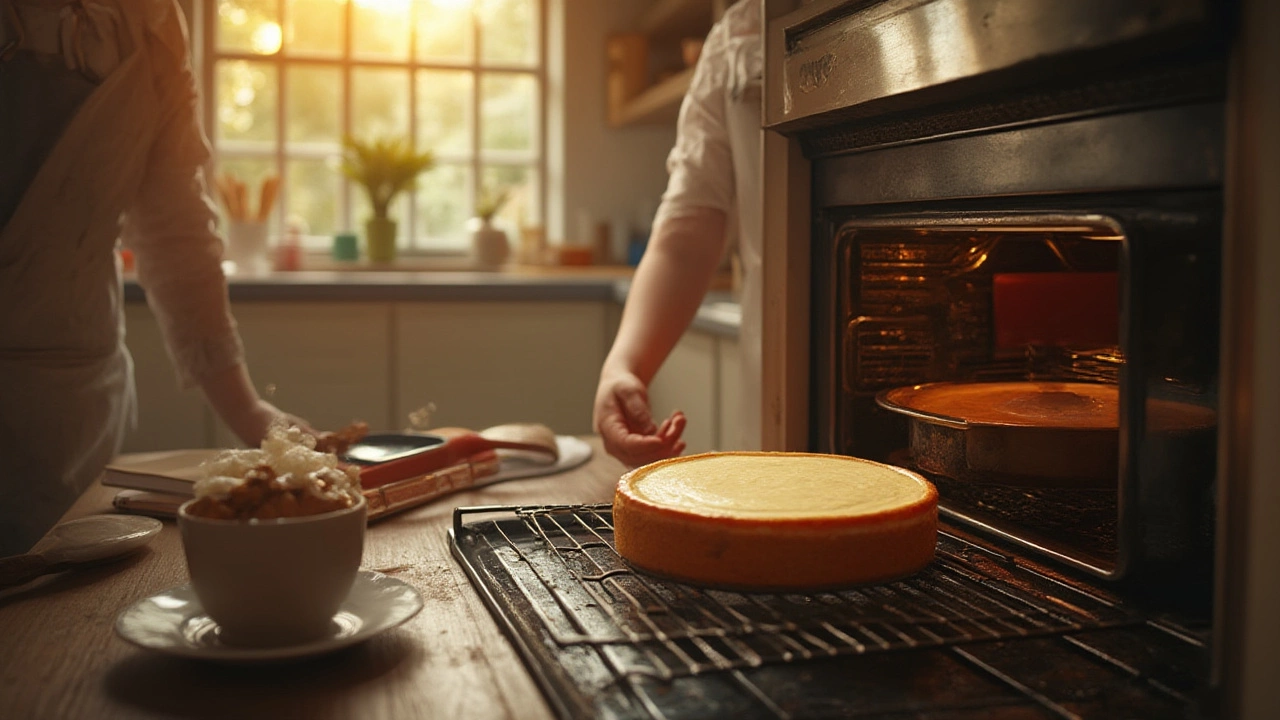
Find out if you should bake cheesecake on the top or bottom rack. Discover the science behind perfect cheesecake and learn practical tips for home bakers.
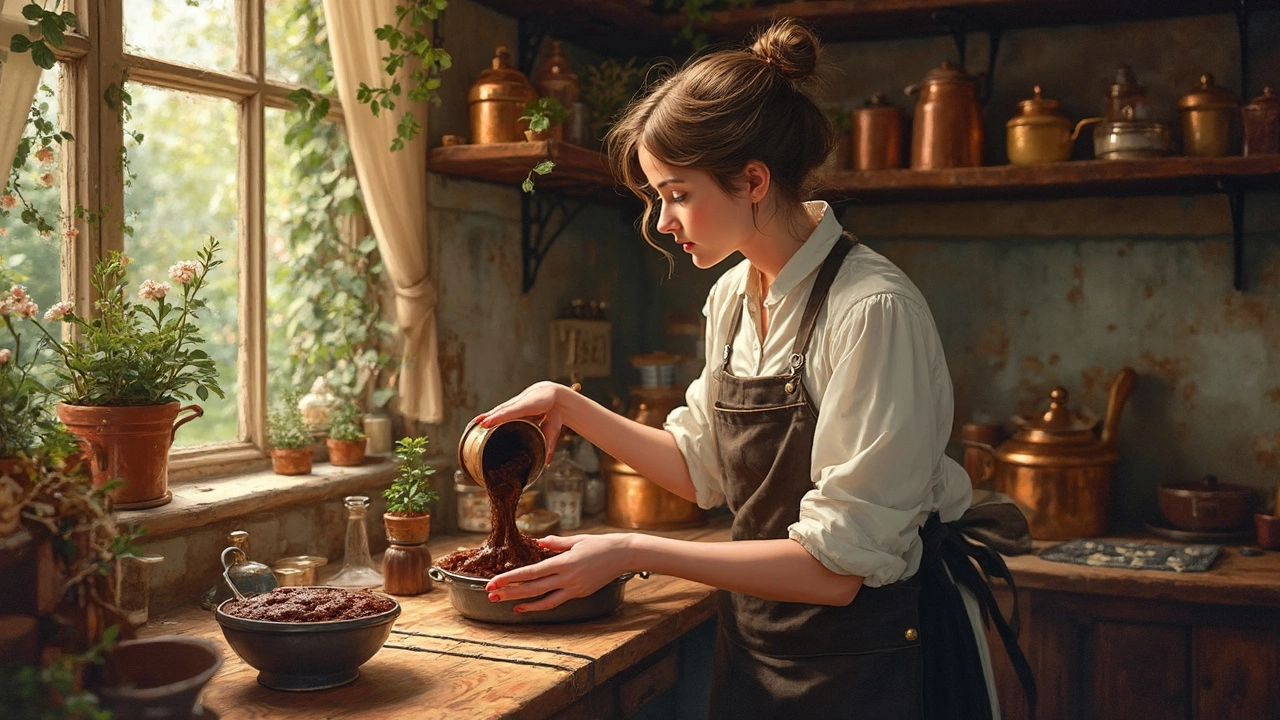
Brownies, those fudgy squares of chocolate heaven, have a mysterious history. Was it an accident or a masterful creation? This article unravels the origins of the brownie while offering fun facts and tips to perfect your own batch. Prepare to delve into the world of brownies and better your baking skills!
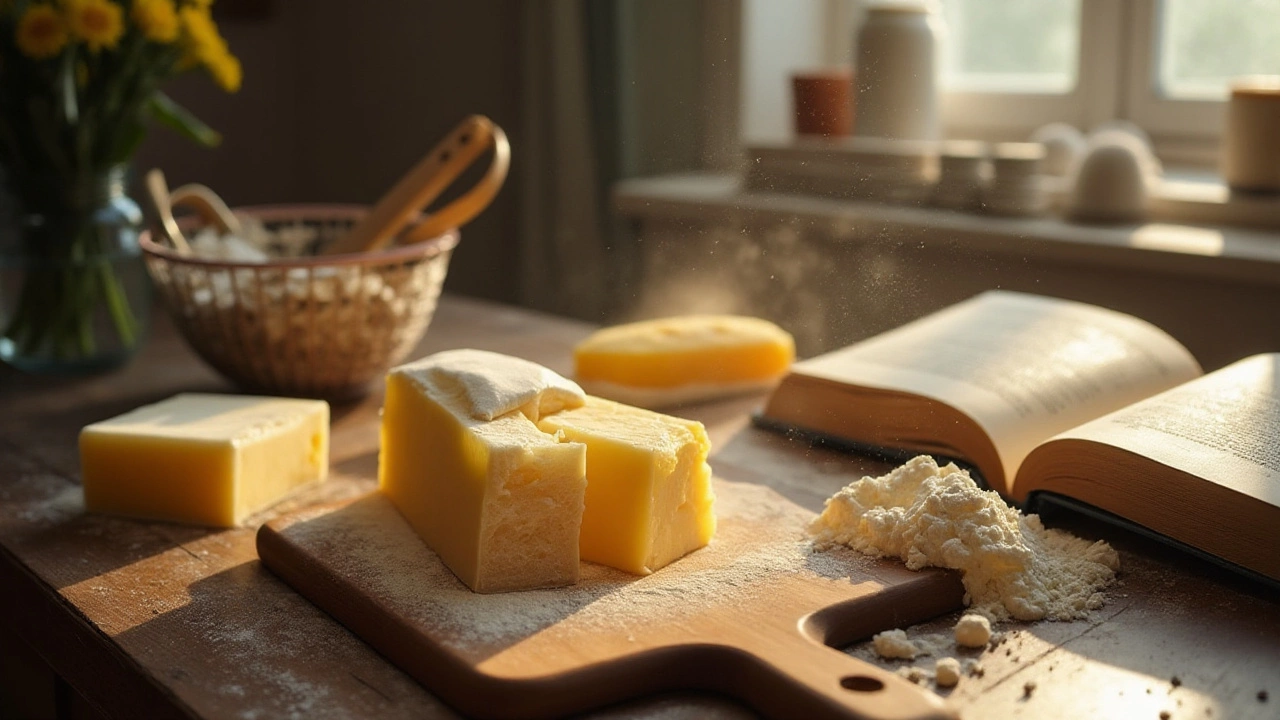
Learning to defrost mozzarella cheese correctly can elevate your culinary creations, particularly when it comes to crafting authentic tiramisu. Mozzarella, while a staple for pizzas, can also find its way into various desserts, adding a unique texture and flavor. This guide covers the best practices for thawing mozzarella to maintain its quality, essential storage tips, and creative uses in unexpected recipes. Transform your kitchen experience with these practical cheese-handling insights.
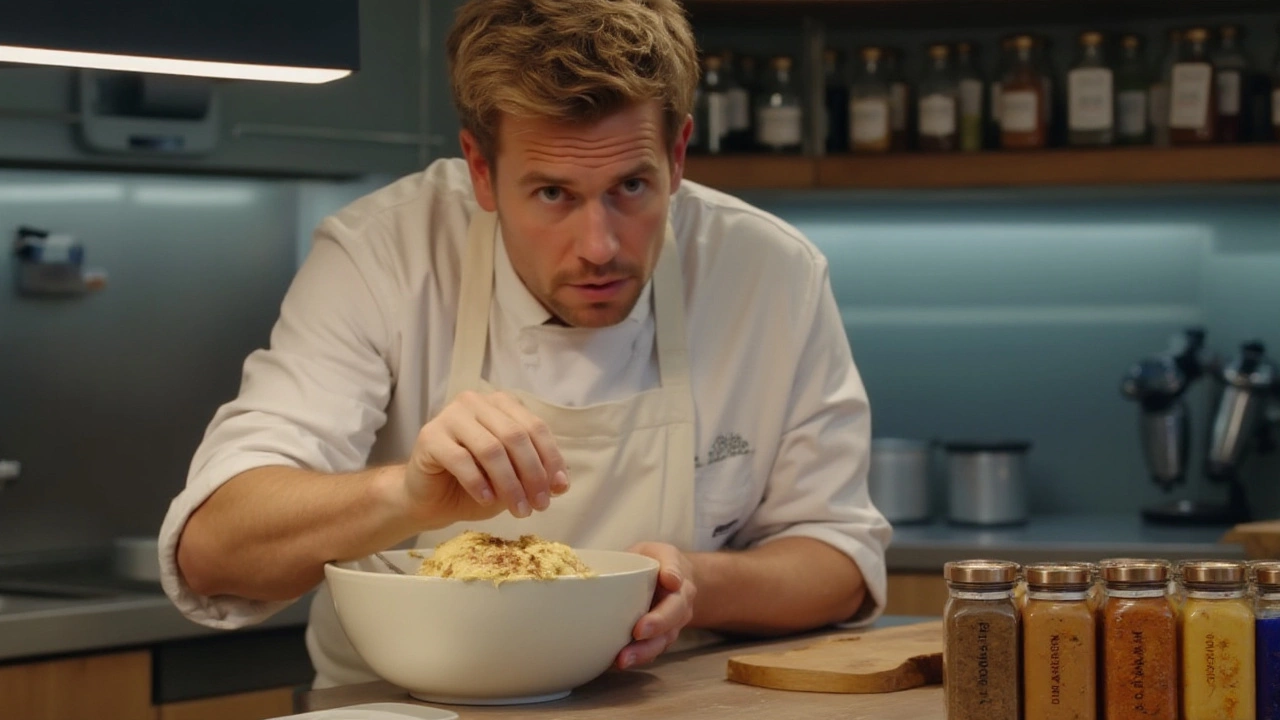
Gordon Ramsay, the renowned chef, is known for his exceptional culinary skills and unique use of spices. This article explores the specific spices Ramsay incorporates into his homemade cookies, providing insights and tips to elevate your baking game. Discover the unexpected flavors and techniques that can be applied to transform simple cookies into gourmet delights. Learn how Ramsay's spice choices contribute to the texture and taste of cookies.